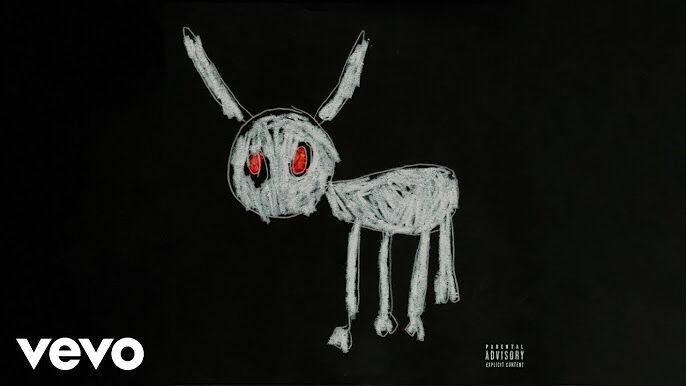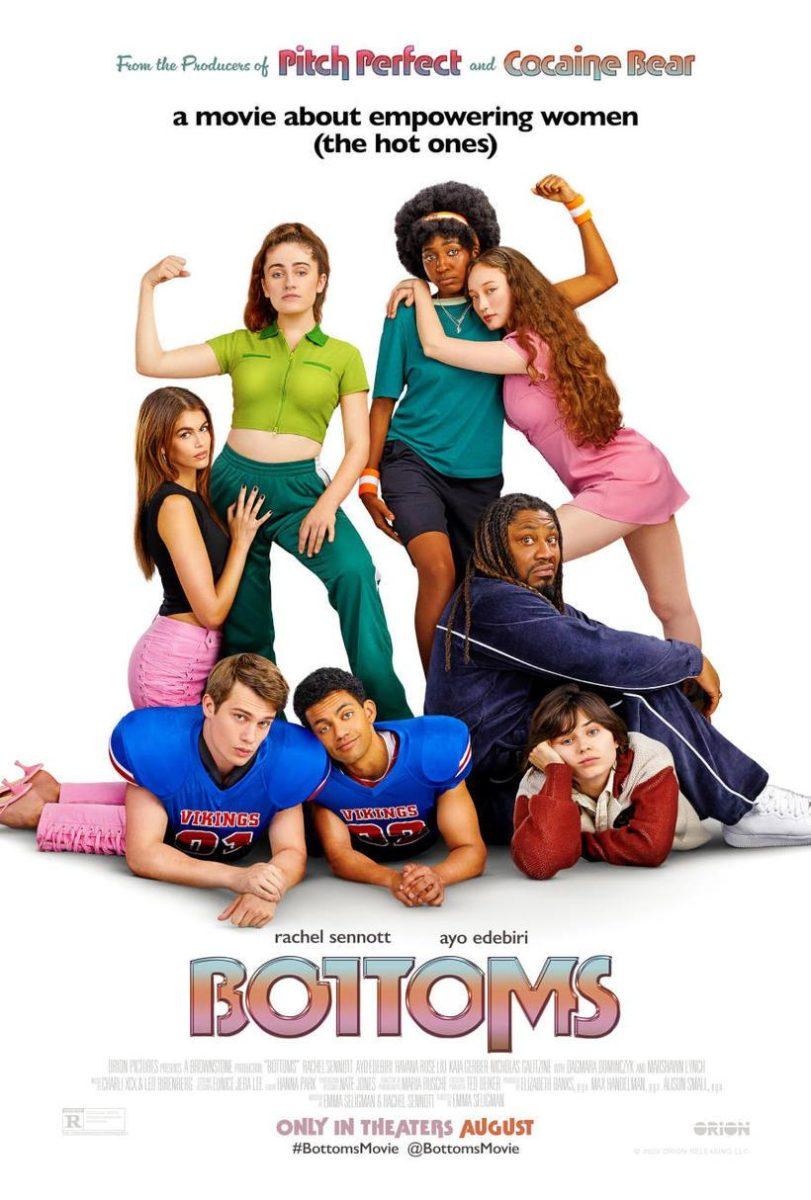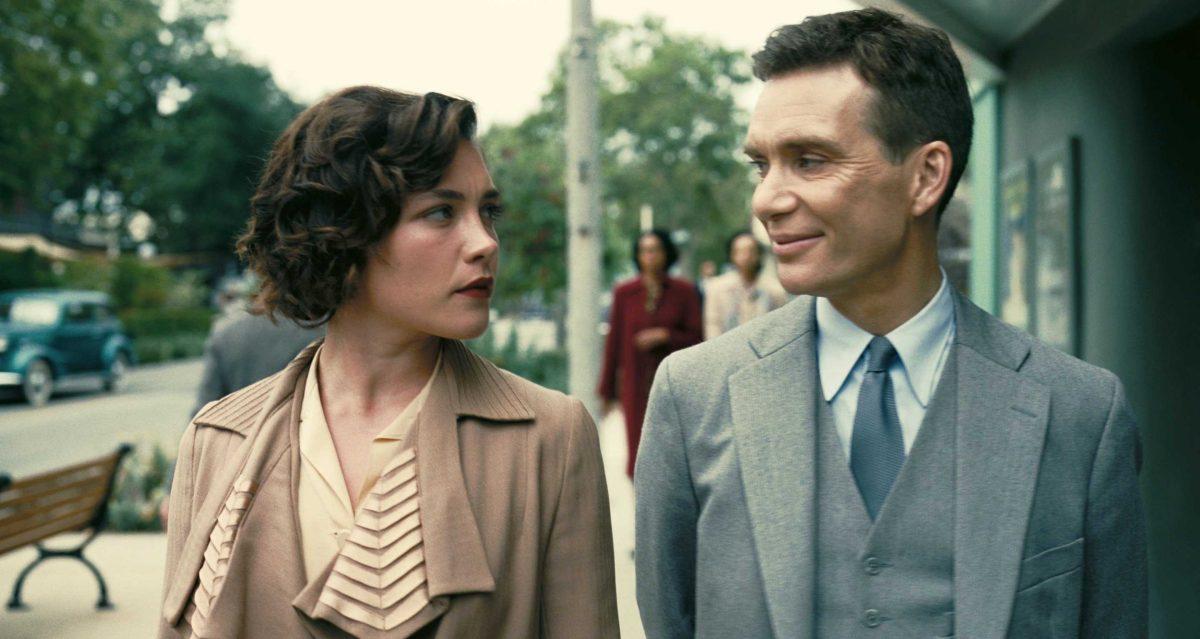“American Horror Story: Cult” returned Tuesday with its third episode of the season, continuing to hit us over the head with its horrifyingly accurate and offensively stereotypical commentary on our present social and political climate.
From the beginning, this episode is filled with phobia-heavy imagery from the past two episodes, as phobias have already developed as an obvious theme this season. We’re reminded of this again with the seemingly random vignette of Ally’s therapist, Dr. Vincent (Cheyenne Jackson), in a session with new character Rosie, who has a phobia of coffins, and her husband. She’s conquered her phobias, but the killer clown cult has a surprise waiting for Rosie at home — two white coffins to lock the couple inside.
On Ally and Ivy Mayfair-Richards’ side of the suburb, Ally finds out she won’t go to prison for killing Pedro, a worker at the couple’s restaurant, thanks to Michigan’s “stand-your-ground” law. This serves as a catalyst for this week’s too-obvious exploration of a societal issue, the overt racism and white privilege in the criminal justice system.
Justifiably, the public protests the killing, and Ally becomes what the local — and sensational — news media are calling “a lesbian George Zimmerman.” To no surprise, Trump supporting white-supremacist Kai (Evan Peters) commends Ally on her bravery.
Back at home, stressed out about killing a man, Ally downs some rosé before her sombrero-clad neighbors, the Wiltons (Billy Eichner and Leslie Grossman), viciously throw Taco Bell coupons at her for exercising her white privilege and murdering people of color with impunity. These characters are, by far, the most annoying on the show, accurately representing the privileged, woke-for-the-wrong-reason kind of millennial.
That’s only the beginning for Ally, who soon finds a multitude of dead birds on her lawn due to a mysterious black truck that sprays unknown chemicals at night. The same day, Ally finds out someone — assumedly the Wiltons— posted her address in an ad posing as her and her wife vulgarly searching for a male companion.
By this point, Ally has had enough of the protestors, as she is “one of them.” While she’s on her way to appease them, she even calls out on the phone to her therapist, “These are my people.” To no avail, the crowd of protesters surround Ally’s car until Kai magically makes them all disappear, once again asserting he will take care of Ally.
Within the span of the next 24 hours, Ally throws a fit over her son Ozzy’s new guinea pig, Mr. Guinea; she has a serious problem with cis-normative pet names. Luckily for Ally, someone breaks into their house, puts Mr. Guinea in the microwave, and he explodes before the Mayfair-Richards’ eyes. Not only that, but both Ally’s family and their neighbors get marked by the clown cult, ending the episode with another cliffhanger.
This week’s episode of “Cult” was loud and clear in its message: all of these events, precipitated by racism and hate, could only happen under a Trump presidency. As many of the characters have noted, the show’s microcosm of the world, suburban Michigan, is going insane, and it’s all because of the rhetoric Trump has encouraged.
This seems to be the first mainstream fictional TV show to assert this message, and hopefully it won’t be the last. But the problem “Cult” has lies in that it’s too overt in its messaging. Coupled with the melodrama and camp typical of “American Horror Story,” this season feels flat and forced.
“Cult” is also bogged down by its many technical issues. The editing is sloppy, using cuts and transitions similarly to campy ‘80s horror films, and the acting — for the most part — is over-the-top and unbelievable. Even an actress like Sarah Paulson cannot elevate her poorly written stock character into someone remotely human. The sole exception in the cast is Evan Peters who terrifyingly portrays his alt-left character with biting accuracy, reinforcing the idea that white supremacists and neo-Nazis are America’s biggest threat.
So far, “Cult” is shaping itself up to be a tacky depiction of a world under fire. If it can dial itself back a bit and present its very relevant messages in a subtler fashion, the show could still succeed as the horrifying and radical social commentary it hopes to be.








